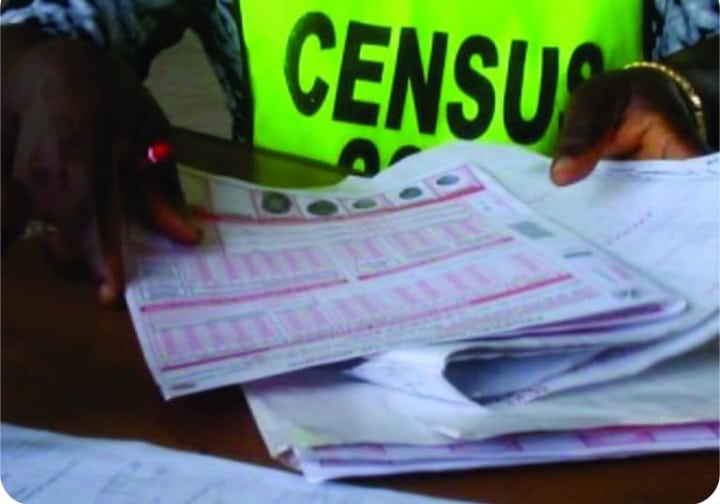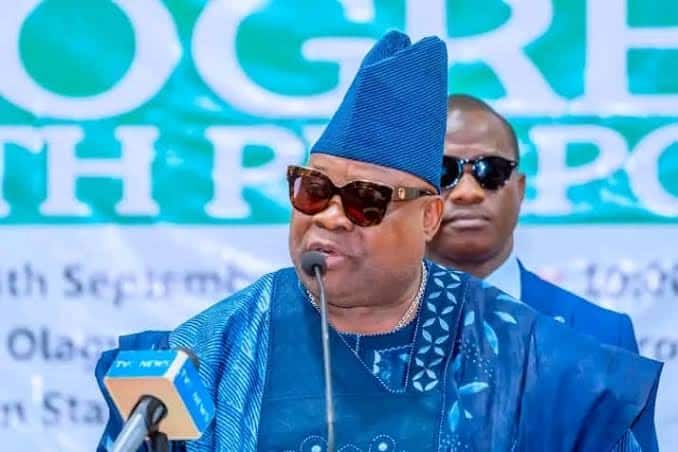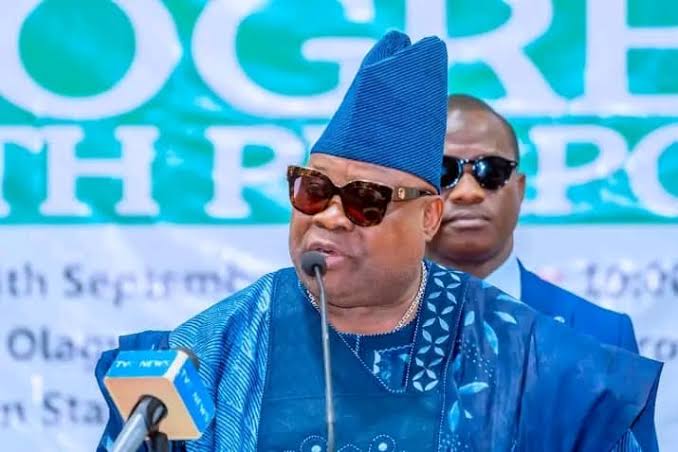President Bola Tinubu’s government has announced that the long-awaited census will occur in Nigeria in 2025.
The Chairman of the National Population Commission (NPC), Nasir Isa Kwarra, confirmed this during the 2024 Anniversary of the Nairobi Summit on the International Conference on Population and Development (ICPD) held on Thursday in Abuja.
It is important to note that although the United Nations recommends conducting population censuses every decade, Nigeria last performed one in 2006, resulting in an 18-year gap without accurate demographic data.
The census was initially planned for 2023; however, it was postponed after two missed deadlines under the administration of President Muhammadu Buhari.
The cancellation was attributed to a desire for the incoming administration, which emerged victorious in the 2023 elections, to oversee the census process.
In his address, Kwarra emphasized that a significant challenge facing Nigeria is the delay in carrying out a population and housing census, which is essential for making informed decisions.
He pointed out that this postponement, compounded by logistical and financial challenges, has impeded efforts to understand the population’s needs fully and to allocate resources effectively, particularly in rural and underserved regions.
“This gap in accurate population data poses challenges in tailoring reproductive health services and interventions to specific demographic groups, ultimately undermining progress toward reducing maternal mortality and improving access to family planning.
“We are gathered in the spirit of a shared commitment to progress, inclusivity, and the empowerment of individuals, particularly women and young people. Our focus is on advancing sexual and reproductive health, eliminating gender-based violence (GBV), and promoting equal opportunities for everyone in our nation.
“We must continue our march to address these challenges head-on. For many in our communities—particularly women, girls, and young people—sexual and reproductive health rights (SRHR) remain out of reach. This is not just a health issue; it is also an issue of social and economic justice. When individuals are denied the ability to make choices about their health and lives, it limits their potential, reduces opportunities, and impacts society as a whole,” Kwarra noted.









